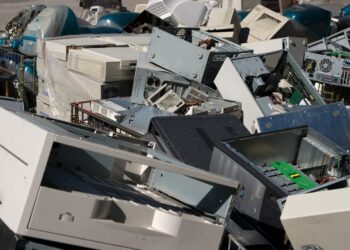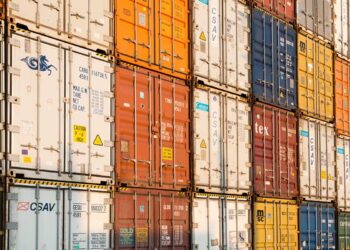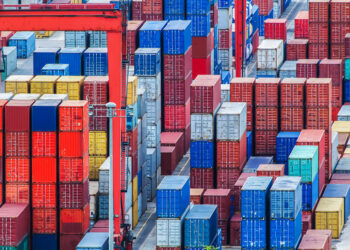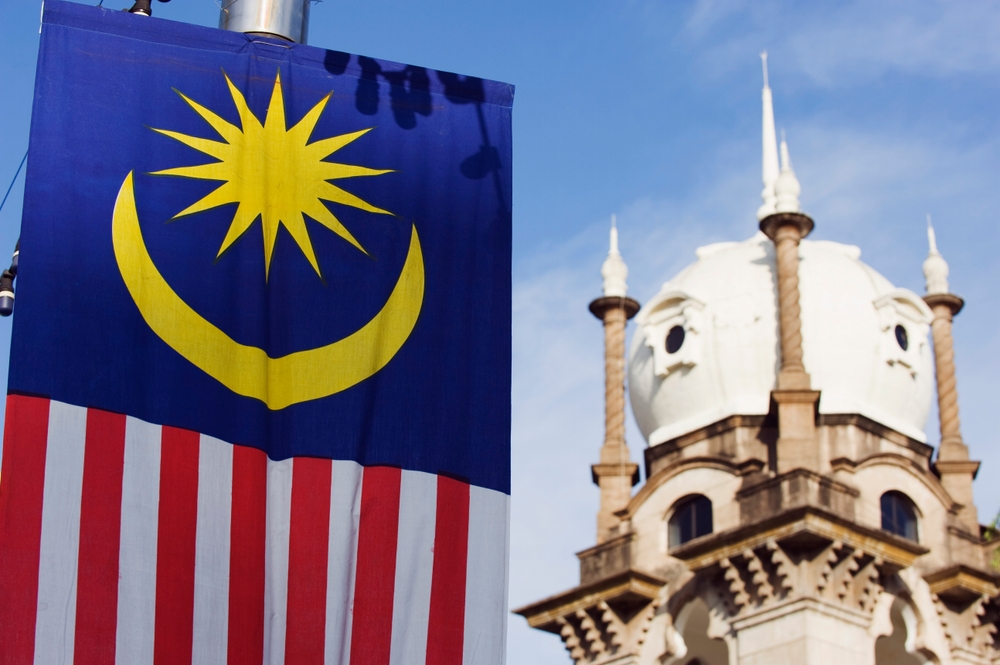Editor’s note: Patty Moore and Sally Houghton, of Moore Recycling Associates Inc., traveled to China in September to present at the 8th Annual China international Recycling Conference and Exhibition. During their time there they got an up-close look at the realities of the China’s Operation Green Fence, which has deeply affected many aspects of our industry by forcing scrap exporters to reach higher quality standards in order to move material into Chinese ports. A portion of Moore and Houghton’s travel costs were paid for by Resource Recycling.
The following are a few key takeaways Houghton and Moore developed after meeting with Chinese government officials, scrap processors and traders in Shanghai, Hangzhou and Hong Kong.
Tougher standards here to stay
The push for cleaner and more efficient processing is coming from the highest levels of China’s national government. The current enforcement effort will end at some point, probably late this year or early in 2014, but the stricter regulations passed in 2005 and 2009, and enacted broadly early this year will not be relaxed. In addition to stronger import controls, there appears to be movement toward greater standardization in handling and processing regulations, material characterization and operating procedures. Checks on import material quality and paperwork accuracy will continue after the Green Fence comes down, so suppliers will find export buyers less able to be flexible.
Pushing forward on pollution
Scrap processing facilities in China must now show that they can operate within current pollution and energy efficiency standards. The government is also encouraging facilities to locate in recycling industrial zones, 10 of which have been established so far. Each zone will have the infrastructure, including water treatment and solid waste management, that will help reclaimers meet environmental standards. The zones have been underutilized in the past because scrap processors knew they’d be subject to much closer scrutiny there than they’ve been accustomed to. But incentives to locate in the zones are likely to seem more attractive as regulation and strict enforcement become the norm everywhere.
A real effort toward domestic recycling?
For years, recycling and environmental advocates have urged China to find ways to recycle more of its own waste as consumer society continues to expand there. Government officials now seem to be taking seriously the notion of domestic recovery of recyclable materials. New disassembly facilities figure in the plan, and the government is extending the same types of technical and financial support evident in the import sector to improve the domestic collection infrastructure. Details are still scarce on the specifics of how domestic programs may evolve, however.
Small Chinese operations suffer
The recent crackdown on illegal imports – a joint effort of the Ministry of Environmental Protection, China Customs and AQSIQ (the General Administration of Quality Supervision, Inspection and Quarantine) – has driven out of business many small operations and many facilities in southern China. And while the Green Fence is not aimed at reducing imports, the importation and use of scrap plastic has fallen. Large processors are operating at 60-70 percent of capacity and small facilities at 50-60 percent. Processors margins are very low, and have dropped 30 percent in the past year. Of course, the Green Fence is just one piece of the global economic picture, which also includes a weak economy in the EU – one of the major markets for Chinese goods – and the slowing growth in China’s own economy.
Officials still busy enforcing and fining
While the Green Fence has been successful in reducing the importation of poor-quality scrap, customs is still uncovering illegal activities including non-complying material, false reporting of material types and values, resale of imported products once in China, and combined and purposely mixed loads. The perpetrators face increasing risks; penalties are high and include blacklisting from import activities. And, while the practice is not illegal, shipping through Hong Kong and transloading is beginning to be discouraged.





























